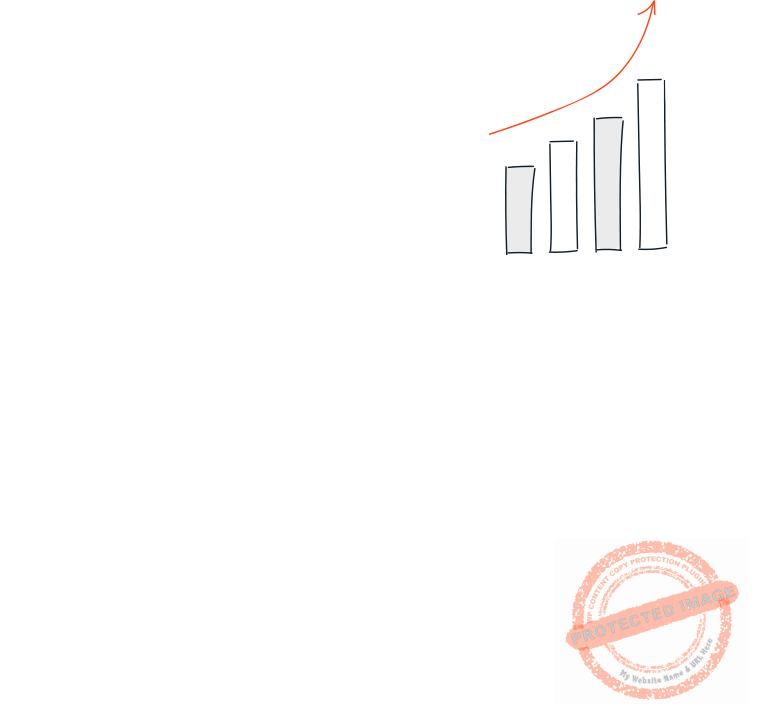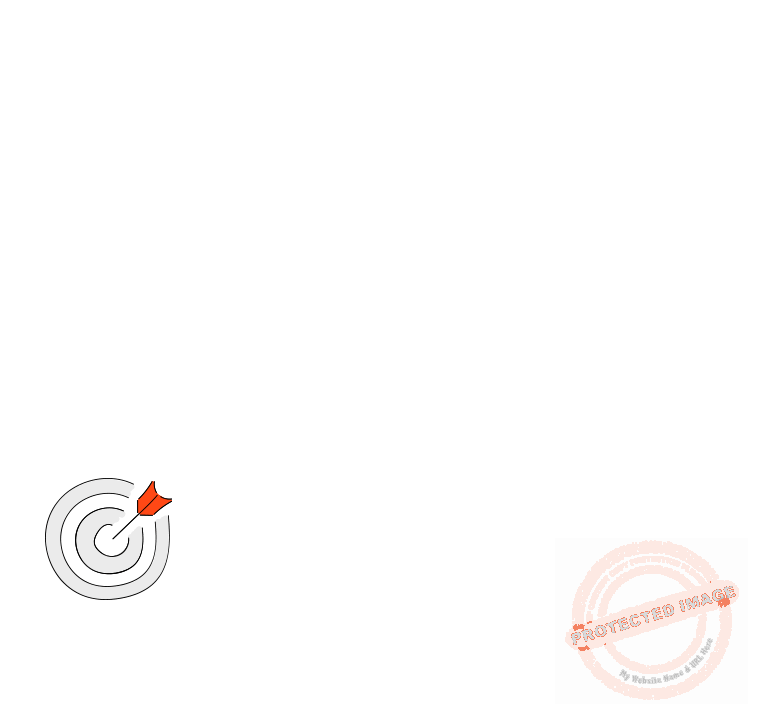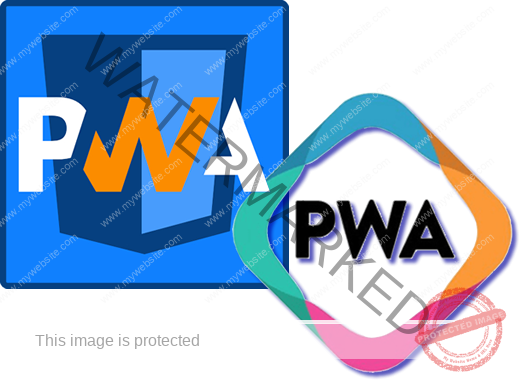What We Offer
Build the Fastest Web Applications
We Create Web Apps You Can Be Proud Of
Today’s visitors are sophisticated and need a seamless user-friendly application. Working with a subpar website is only satisfying the baseline expectations of users. At SUN INFOSOFT INC., our PWA developers exceed the complete user experience by building classic web apps that are intuitive, visually pleasing, secure, and works seamlessly on all platforms.
The progressive web applications built are loved by users because of the smooth performance as if they are using a native app. We make our apps competitive with different features like push notification, offline accessibility, automatic updates and more. We have honed our process to design and develop applications in a way that users will not be able to identify if it is native application or a PWA. With constant evolving business needs, we make sure the application surpasses the user experience with faster load-time, app-familiar UI and rock-solid functionality.
Hire our Progressive web app developers and impress users with future-centric applications.








